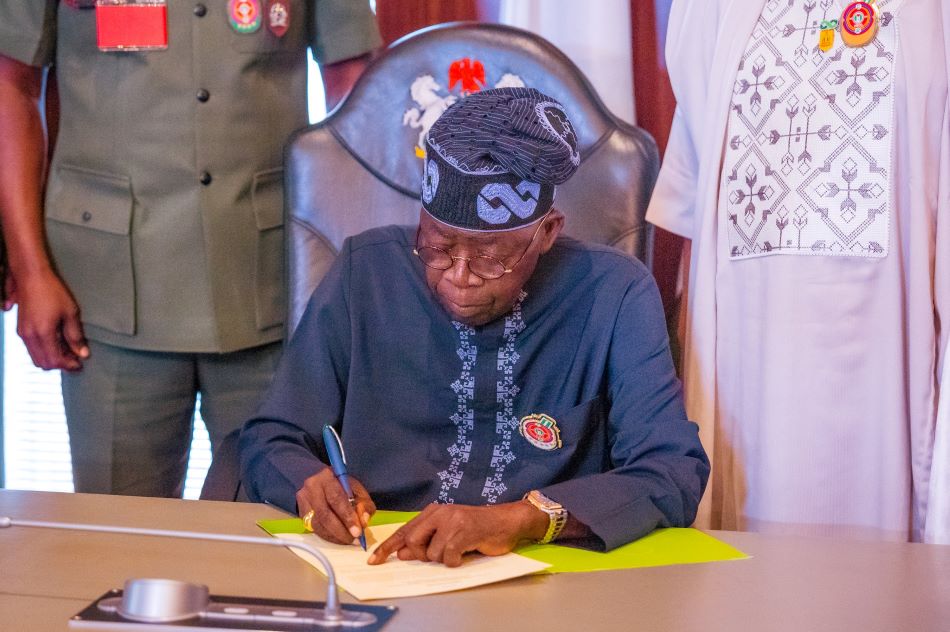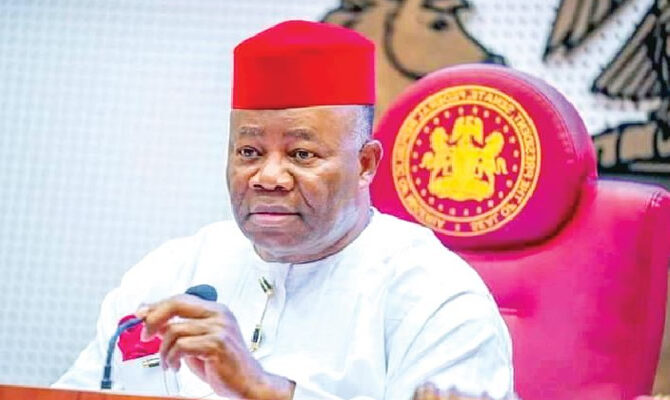Tinubu Approves Forest Guards to Combat Terrorism and Banditry in Nigeria’s Forests
Abuja, May 15, 2025 – President Bola Ahmed Tinubu has approved the establishment and recruitment of over 130,000 armed forest guards nationwide to secure Nigeria’s 1,129 forest reserves from terrorists, bandits, and criminal gangs. This initiative aims to reclaim vast forest areas increasingly exploited as hideouts for criminal activities, enhancing national security while creating employment opportunities for thousands of young Nigerians.
Nationwide Recruitment and Training
The approval, announced during an expanded Federal Executive Council meeting, mandates each state to recruit between 2,000 and 5,000 heavily armed and well-trained forest guards, depending on financial capacity. With an average projection of about 3,500 recruits per state, the total force will exceed 130,000 personnel, including those for the Federal Capital Territory.
Recruitment and training will be jointly overseen by the Office of the National Security Adviser (ONSA) and the Ministry of Environment to ensure standardized, rigorous preparation and arming of the guards.
Purpose and Collaborative Security Effort
The primary mission of the forest guards is to flush out terrorists, kidnappers, bandits, and other criminal gangs hiding inside Nigeria’s forests to carry out attacks, kidnappings, and illegal logging. The initiative represents a collaborative security effort between federal and state governments, with the federal government providing oversight and coordination.
Special Adviser to the President on Media and Public Communication, Sunday Dare, emphasized that thousands of young Nigerians are expected to be employed under this program, which also addresses youth unemployment while restoring peace in rural and forested areas.
Background and Urgency
Nigeria’s 1,129 forest reserves vary in size and management, mostly under state control, with a few under federal jurisdiction. Many reserves have become ungoverned spaces, increasingly used by terrorists and bandits to launch attacks on communities and security forces.
President Tinubu, during a recent visit to Katsina State, warned that his administration would not surrender any part of Nigeria’s territory to criminal gangs operating inside the forests and vowed to reclaim these areas.
Current State-Level Actions and Challenges
At least 11 states have operational forest guard units, often under agriculture ministries, but many are under-resourced and lack adequate arms. The new federal directive aims to standardize, arm, and upscale these units into a coordinated national force.
Governors from states like Kwara have raised concerns over illegal occupation and security threats linked to forest reserves, underscoring the critical need for this intervention.
Security Expert Insights
Retired Army General Peter Aro hailed the initiative as a critical step to curb insecurity in forested regions, particularly banditry, kidnapping, and insurgency. However, he cautioned that joint oversight by both the Ministry of Environment and the Office of the National Security Adviser could cause operational confusion and weaken the agency’s independence.
He noted that while ONSA is central to intelligence coordination, it is not designed for operational management of paramilitary services. He advocated for leveraging the existing professionalism and grassroots experience of the Nigerian Hunter and Forest Security Service (NFSS), which has successfully operated along volatile corridors like Abuja-Kaduna.
Recruitment Process and Oversight
The recruitment will be rigorous, involving security agencies, traditional rulers, and community leaders to ensure quality and local acceptance. Each state will determine recruitment figures based on available resources, with the federal government ensuring standardization and coordination.

















